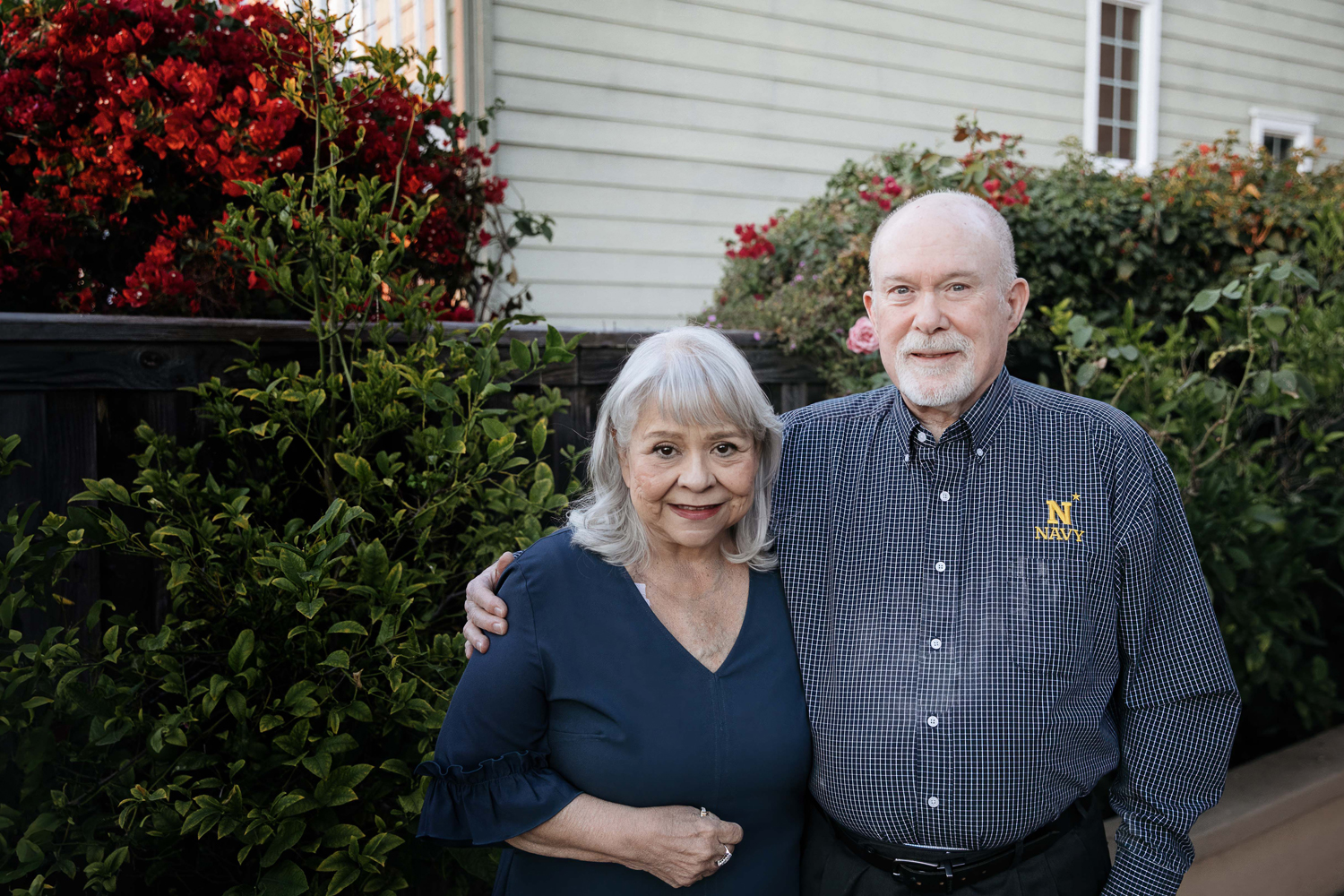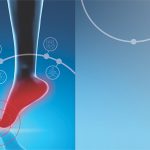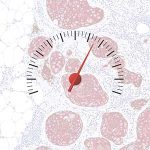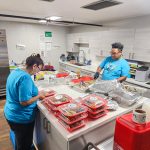Winter 2023/2024 Vol. 13 Issue 04
-
From the Editor-in-Chief
Cancer Treatment: Can Less Be More?Molecular profiling that has led to spectacular advances in cancer treatment may also improve cancer survivorship.
by William G. Nelson, MD, PhD
-
Your Cancer Guide
The Reality of Chemo BrainLearn ways to work through moments of fogginess and forgetfulness as you recover from cancer.
by Hester Hill Schnipper
-
Caregiving With Confidence
Falling ShortPeople feeling overwhelmed by caregiving responsibilities can help ease the burden if they learn to ask for help.
by K.J. Bannan
-
Policy Matters
Taking Action to Support Cancer ResearchThe AACR releases AACR Cancer Progress Report 2023, announces Cancer Centers Alliance, and joins 11th Rally for Medical Research.
by Benjamin Krinsky, PhD
-
Controlling Peripheral Neuropathy
Researchers are looking at ways to lessen and even prevent the debilitating chemotherapy-related side effect that causes numbness and pain in the hands and feet.
by Cameron Walker
-
Moving the Needle on Metastatic Breast Cancer
Metastatic breast cancer remains incurable, but researchers’ understanding of the molecular features of the disease is leading to additional treatments.
by Erin O’Donnell
-
Progress in Rare Cancers
With the rise of patient-driven research and registries, scientists are making advances in understanding, diagnosing and treating many of the least common cancer types.
by Kendall K. Morgan
-
Survivor Profile
A Can-Do SpiritNavy veteran and two-time cancer survivor Bruce Wright helps other veterans secure benefits for their health conditions.
by Lindsey Konkel Neabore
-
Get Involved
A Helping HandThe Singletons take care of the shopping so single parents can focus on their cancer treatments.
by Thomas Celona
-
Facts and Stats
Cancer’s Economic ImpactBetween 2020 and 2050, cancer is expected to cost the global economy $25 trillion.
by Thomas Celona
Multiple myeloma survivor Jonathan Gluck reflects on uncertainty, and the scientific progress that has kept him living with cancer for more than two decades.
by Eric Fitzsimmons
The Enduring Importance of Cancer Disparities ResearchOpening session from AACR conference highlights how perseverance and adversity have informed cancer disparities research over the years.
by Eric Fitzsimmons
Most Cancer Survivors Don’t Meet Healthy Diet GoalsDespite research linking fruits and vegetables to cancer survival, many people do not change their eating habits after diagnosis.
by Darlene Dobkowski
Many People Don’t Get Colonoscopy After Receiving Abnormal Blood TestsAbout half of people who receive abnormal results from colorectal cancer screening tests don’t follow up with a colonoscopy.
by Laura Gesualdi Gilmore


















